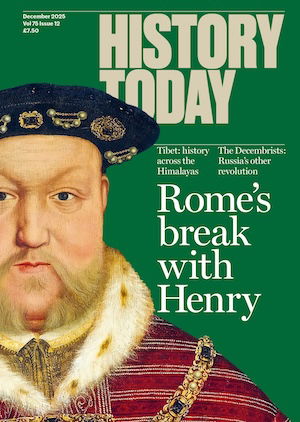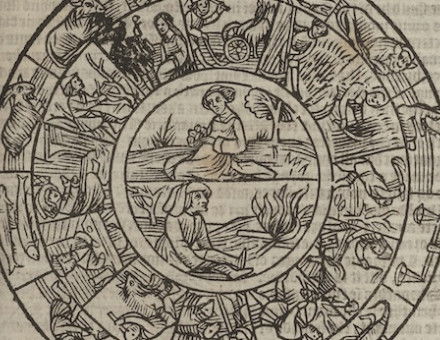The Divine Right of Kings
Although the theory of Divine Right may seem difficult nowadays to take seriously, W.H. Greenleaf describes how it has exerted a profound influence upon the thoughts and lives of many Englishmen.
When James I read Bacon’s book on logic, he is said to have commented that his Lord Chancellor’s philosophy was “like the peace of God, which passeth all understanding.” The sense of this remark has often been applied to many of James’s own writings and, generally, to the political doctrines to which he subscribed. The theory of the Divine Right of Kings is indeed one which it is difficult nowadays to take seriously. It has been described as absurd, irrational, preposterous, and no doubt much of it is by present standards.
Equally obviously, however, the matter ought not to be left to rest with simple condemnation of this kind. It ought to be asked, for instance, how it was—if the theory is such nonsense—that during the early modern period so many Englishmen of all types and classes believed in it and were willing, in support of their King, to go into exile, to give up their property and even their lives. How was it possible for absolute monarchy to seem part of the nature of things and, therefore, something both desirable and necessary? The object of this essay is to suggest some of the factors relevant to answering these questions.





